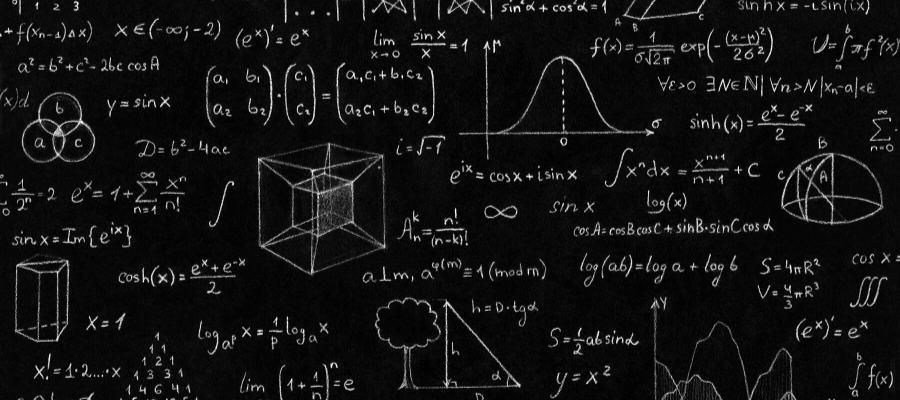What Are Numbers?
Mar 14, 2006Plato claimed that numbers exist in some mind-independent abstract heaven. Nominalists claim that there is no such heaven.

How does a bunch of grey matter in our skulls have the ability to solve mathematical problems? Are we the only species that can? Does catching a baseball require doing calculations? Join John, Ken, and their guest, noted cognitive scientist and NPR's "Math Guy" Keith Devlin, as they discuss the many ways our minds can do the math.
Ken begins the program with a quote from Galileo, who once said that math is the language God used to write the universe. This idea resonates with Ken, when he thinks about the lives of ants and hawks and bees it seems to him that animals must be sophisticated mathematical calculators. John is so sure. If the universe where based on mathematics we would see world of symbols and numbers and equations, but the world doesn’t look anything like that at all. And why is math so hard if all animals are wired to do it?
Guest Keith Devlin joins the program, and John asks Devlin if Galileo had it right. Devlin takes a third stance, he believes that math tells us more about the human mind than the world outside if it. Math is the science of patterns, patterns exist in the world and we use math to pick them out.
Thinking back to Ken’s idea that animals are mathematical calculators, John asks Devlin whether there is a line we could draw between doing mathematics and following mathematical principles. Devlin agrees with John, but says that it’s a fuzzy line. We could say an animal like a hawk is doing mathematics when it swoops down to catch its prey. On one hand is seems that the hawk must be using trigonometry to accomplish that task but on the other hand we human beings are just using mathematical principles to explain the hawk’s behavior.
Ken notes that Devlin seems to think our brains are built for math in the same way that our minds are built for language. Devlin agrees, and takes that idea a step further. He believes that our mathematic abilities are derivative of the fact we have a language capacity. All of us are wired for math and math comes naturally to all of us. Most of us experience some difficulty learning mathematics in school because written math is symbolic. Our brains are wired for math because they are wired for patterns, but it takes practice and skill to learn to manipulate mathematical symbols. The symbols are difficult, not the math itself.